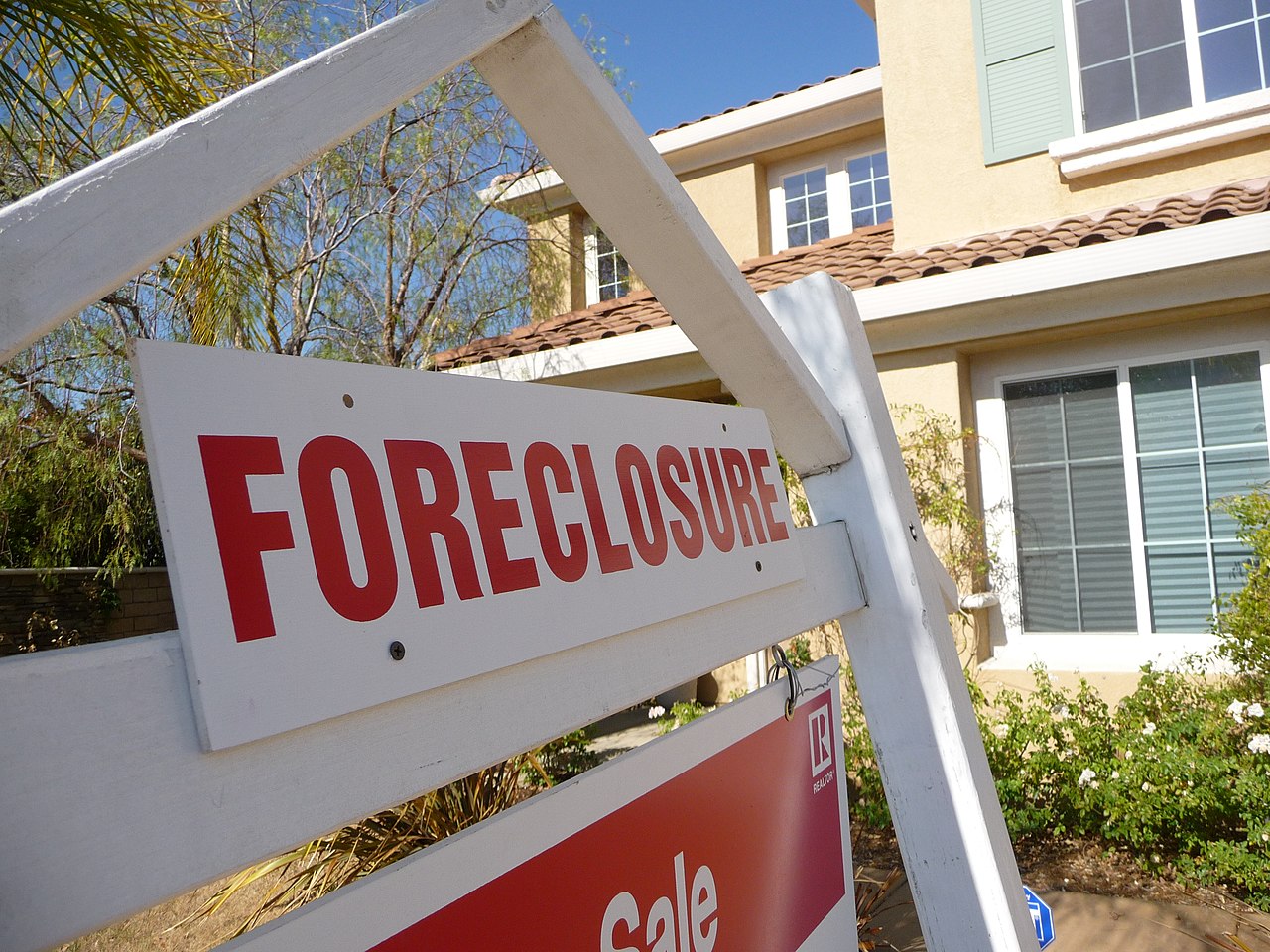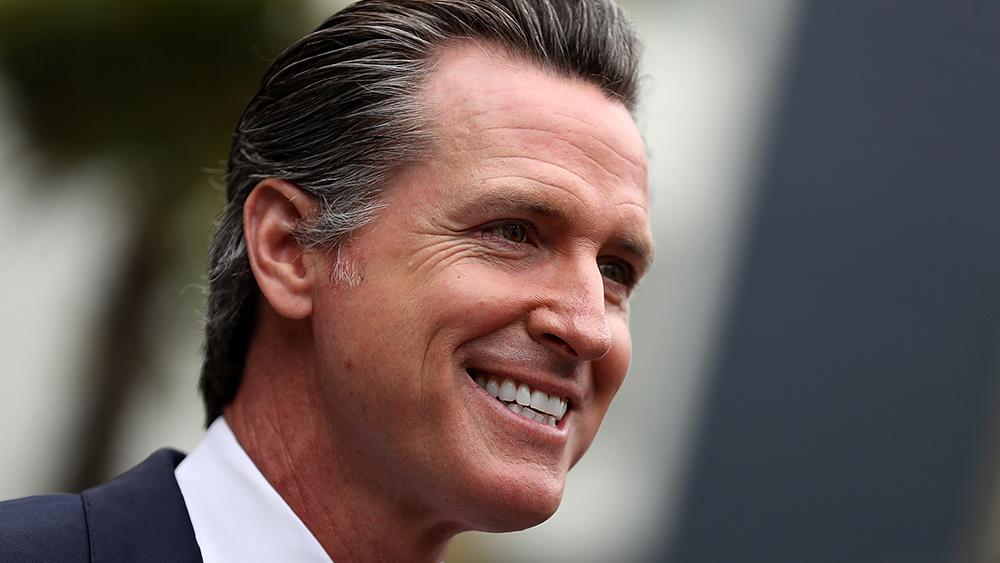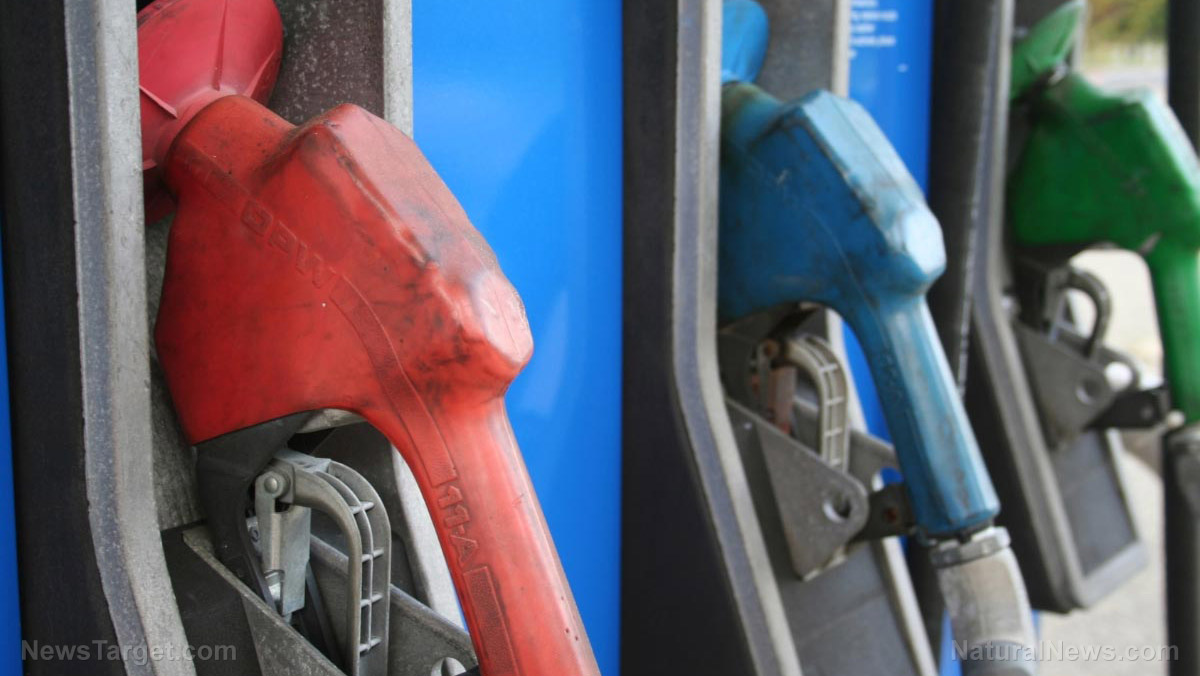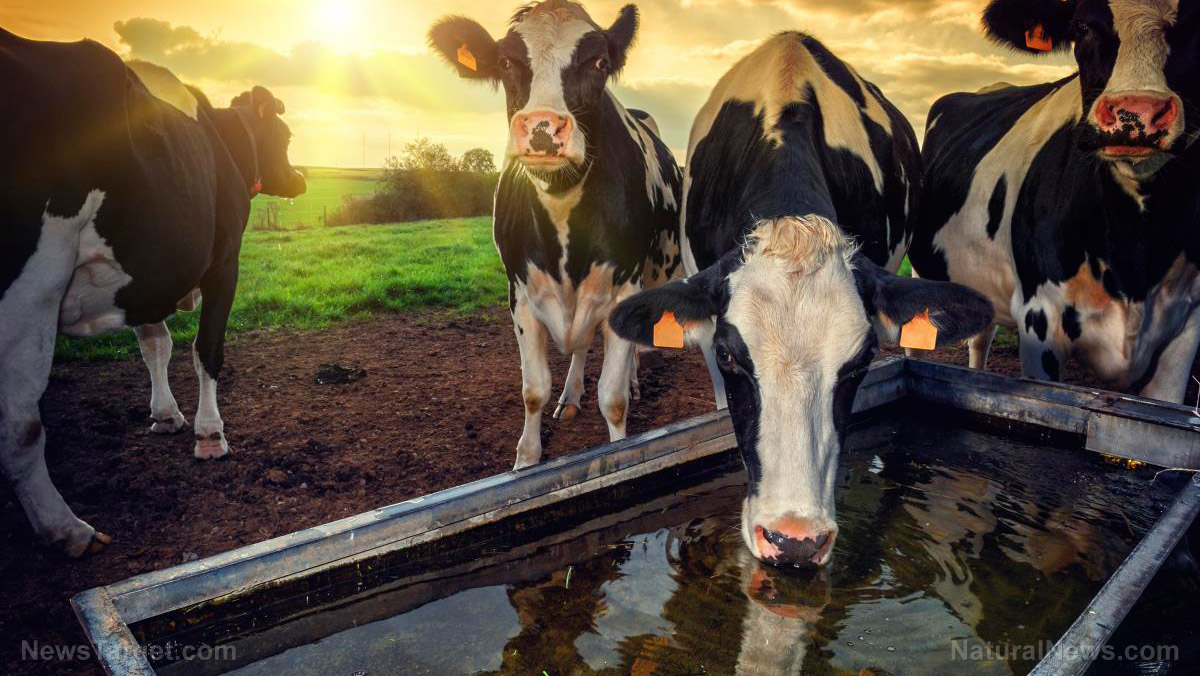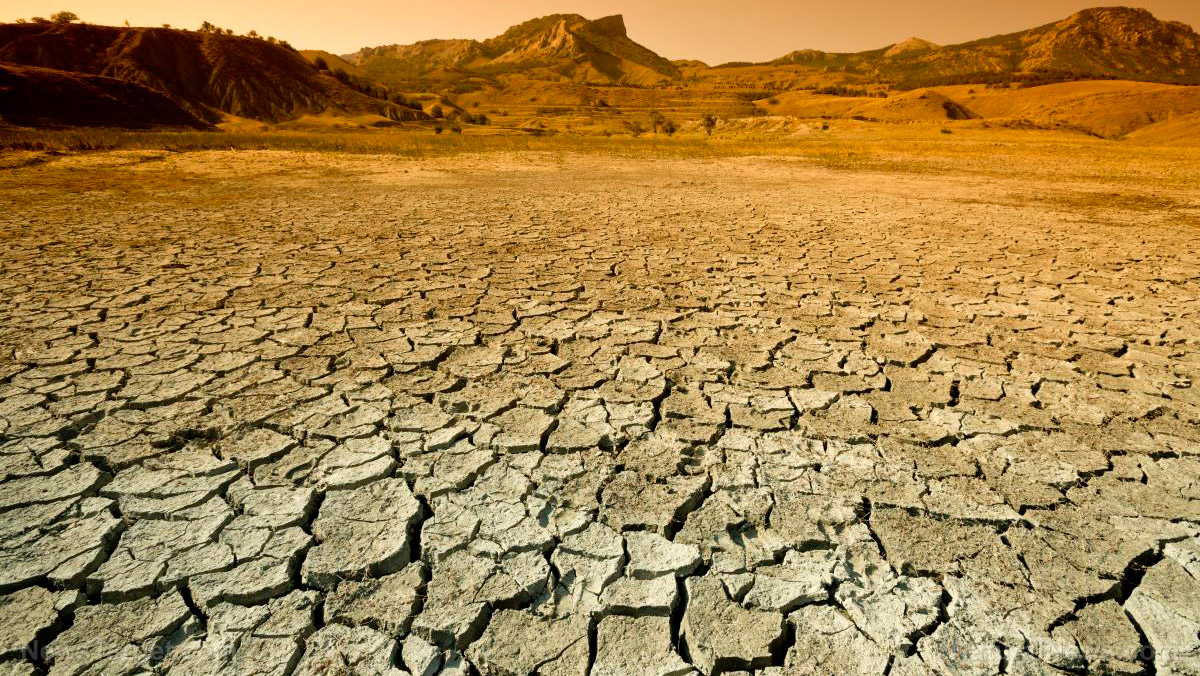California facing yet another gas tax hike while failing to deliver on promised road repairs
09/12/2021 / By Cassie B.
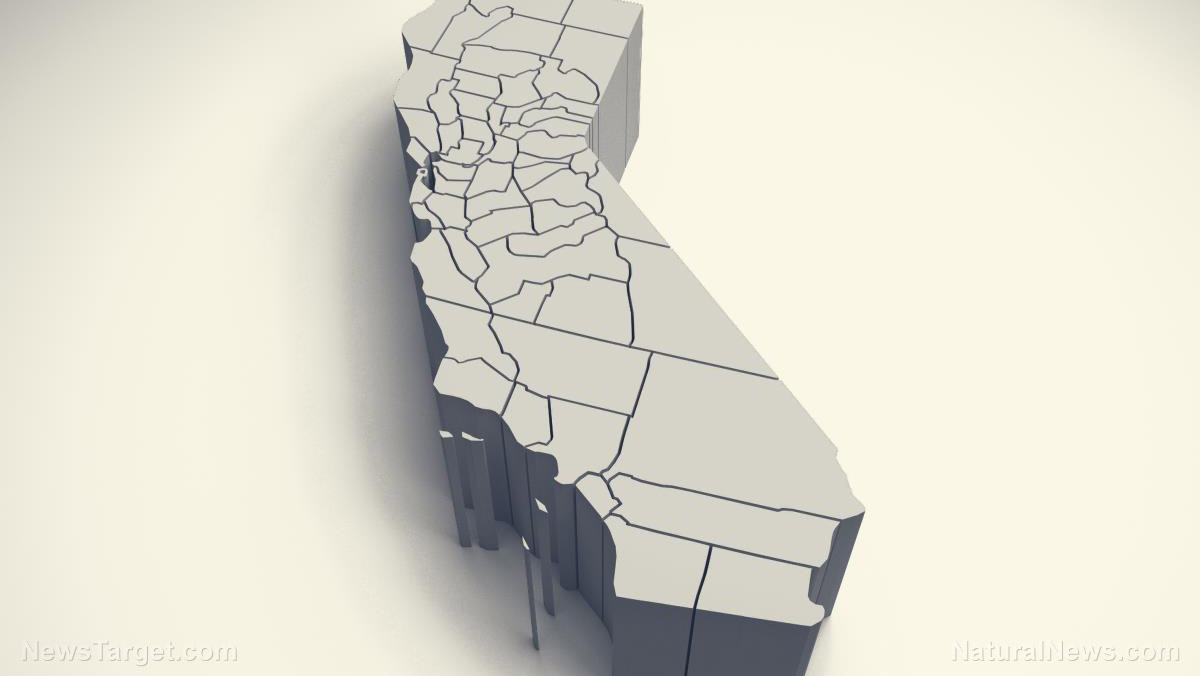
Right now, Californians are facing a gas tax hike despite already paying the highest gas tax in the nation, and this is due in no small part to State Bill 1, a controversial gas tax that was passed in 2017 on the pretense of fixing the state’s crumbling roads and bridges.
The gas tax is set to rise once again at the start of July, raising the ire of Californians who are complaining that promised repairs have been lagging. Officials have said that the funding received from the gas tax hike so far is only enough to complete less than half of the work that is needed to bring the state’s roads back up to standard.
The gas tax rose by 12 cents per gallon in 2017 under SB 1 before jumping a further 5.6 cents per gallon in 2019 and another 3.2 cents last July for a total state levy of 50.5 cents per gallon. It is now poised to climb to 51.1 cents per gallon on July 1 because of inflation.
In addition, SB 1 raised the excise and sales taxes on diesel fuel and established an annual vehicle fee that can be as much as $175 on cars worth $60,000 or more. And although the state believes the bill will generate more than $5 billion annually during its first decade, state officials insist that much more money is necessary to fix the transportation system there.
California is blaming the failures of its program to fix the roads on a few factors. First, they say they have a high cost of repairs compared to other states. Moreover, they claim that the reduction in driving as a result of the COVID-19 pandemic resulted in hundreds of millions fewer in gas tax dollars than they expected. Finally, as people increasingly opt for fuel-efficient and electric cars, it is limiting the amount of gas tax that can be collected – prompting state officials to look into other methods to make up for the loss in gas tax revenue, such as tying fees to the number of miles a person has driven.
Just how much are Californians paying?
According to analysis from the transportation fuel consulting company Stillwater Associates, people in the Golden State are paying $1.19 per gallon on taxes and fees alone. California excise taxes on gas currently amount to 50.5 cents per gallon, which includes 12.7 cents per gallon in taxes from SB 1 – and that’s set to rise next month. The state sales tax, meanwhile, varies by area but averages at 10.7 cents per gallon.
While this only adds up to 79.6 cents per gallon, it is also important to take into account fees. The Low Carbon Fuel Standard that requires fuel suppliers with high carbon intensity to buy credits from those making fuel with lower carbon, like biodiesel and ethanol, averages out to 22.6 cents per gallon. The Fuels Under The Cap Feed, which comes from a program that requires polluting fuel suppliers to buy allowances to offset their emissions, equates to 14.3 cents per gallon, while the underground storage tank fee is 2 cents per gallon. When you add the 38.9 cents per gallon total for these fees the to the 79.6 cents in taxes, you’ll come up with $1.19.
Governor Gavin Newsom recently proclaimed the money received from the gas tax has provided a significant boost to the state’s efforts to repair and maintain its roads and bridges. However, some transportation experts have claimed that the state’s roads are in a greater state of disrepair than the state is admitting, especially compared to other states.
The Reason Foundation estimated that nearly 30 percent of California’s urban arterial pavement is in poor condition, placing it 48th in the country on this metric. Of course, given California’s track record, is it any surprise that this bill is failing to deliver on its promises?
Sources for this article include:
Submit a correction >>
Tagged Under:
California, Collapsifornia, economics, fuel tax, gas tax, Gavin Newsom, infrastructure, road repairs, Taxes
This article may contain statements that reflect the opinion of the author
RECENT NEWS & ARTICLES
COPYRIGHT © 2017 COLLAPSIFORNIA

